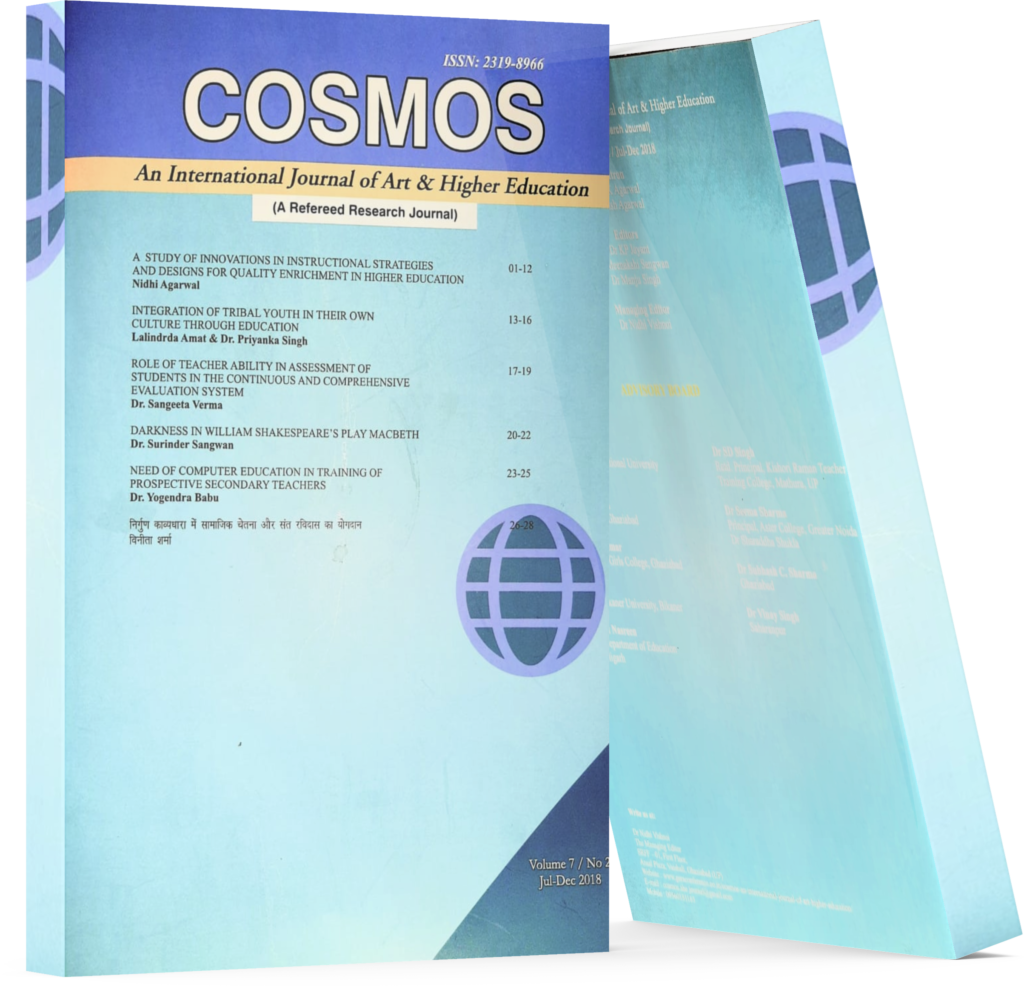A Comparative Study About The Academic Achievement In Respect Of Children Of Working And Non-Working Mothers Of Industrial Area With Special Reference To Upper Assam
Keywords:
Agricultural Waste, Generation, Management, Utilization, Environment, HealthAbstract
Agricultural wastes are non-product outputs of production and processing of agricultural products that may contain material that can benefit man but whose economic values are less than the cost of collection, transportation, and processing for beneficial use. Estimates of agricultural waste arising are rare, but they are generally thought of as contributing a significant proportion of the total waste matter in the developed world. Agricultural development is usually accompanied by wastes from the irrational application of intensive farming methods and the abuse of chemicals used in cultivation, remarkably affecting rural environments in particular and the global environment in general. Generally, agricultural wastes are generated from a number of sources notably from cultivation, livestock and aquaculture. These wastes are currently used for a number of applications through the ‘3R’ strategy of waste management. Agricultural waste management system (AWMS) was discussed and a typical waste management options for a poultry farm was also described using the six agricultural waste management functions. Agricultural waste has a toxicity potential to plant, animals and human through many direct and indirect channels. The effects of these toxic agricultural wastes on the environment were discussed as well as their management.
Downloads
References
Baruah, Arunima. “Lonely Children of Working Mothers”.Guwahati: Assamia Pratidin, 13/02/01
Best. John.W Research in Education, New Delhi: Prentice Hall of India Pvt. Ltd.
Bhandari, J.S. Women’s Status and Social Change. New Delhi: S. Chand Publication. 1977 pp200—207.
Chattopadhyay, I & Dasgupta, S.K (1999). Good news about role stress(s), Journal of Indian Academy of Applied Psychology, pp 25, 35—38.
Desai, Neera., A Decade of Women’s Movement in India , New Delhi: Himalaya Publishing House. Pp96—99
Jansseus, Anjelique. Family and Social Change. Cambridge University Press. 1993 pp 195—232.
Kothari, C.R, Research Methodology Methods and Techniques. New Delhi: New Age International Publishers 2007 pp 100—105.
Saikia, P.D Indian Rural Women. New Delhi: Mittal Publication. 1986 p13 & pp101—128.
Singh, A.K. Tests, Measurements and Research Methods in Behavioral Sciences, Bharthi Bhawan. 1998 p198.

